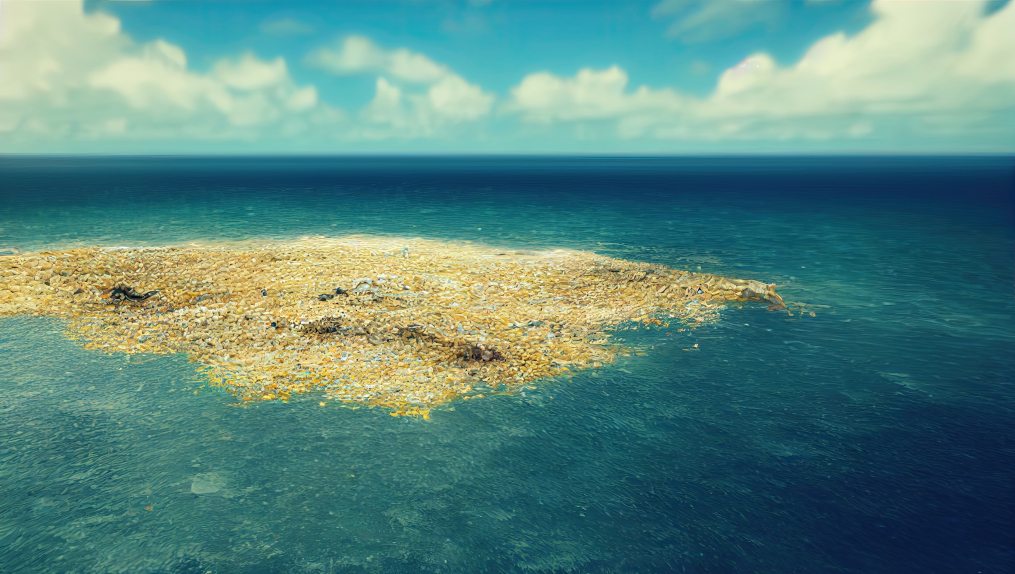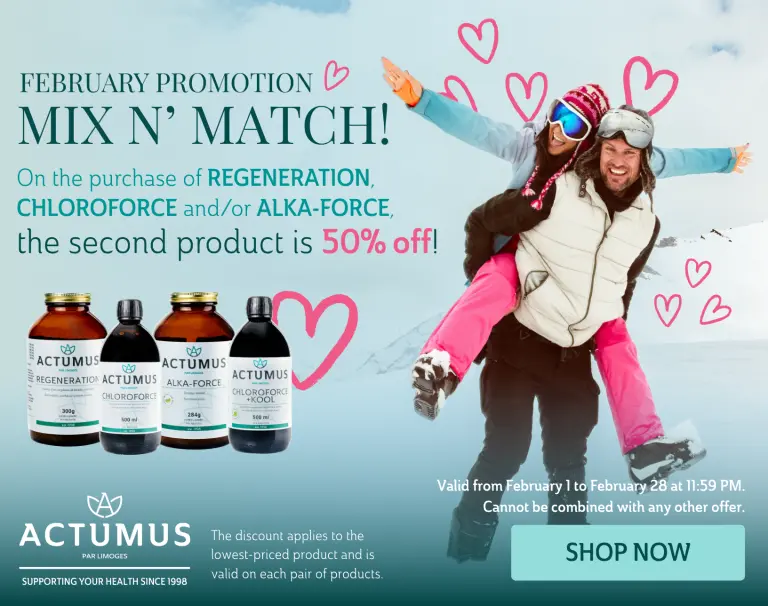Plastic Pollution

Given how inexpensive plastic is to produce, plastic products are used on a massive scale and often disposed of improperly and without an afterthought, leading to a significant amount of waste that does not biodegrade for a very long time.
The resulting plastic pollution is harmful to soil, oceans, waterways and, ultimately, the planet’s flora and fauna. It is estimated that between 24 and 35 million tonnes of plastic waste makes its way into bodies of water every year. Living beings, particularly marine animals, are affected by this pollution, whether through problems caused by ingesting plastic waste or through exposure to chemicals in plastic containers and packaging.
Plastic pollution can wreak havoc on the human body by disrupting hormonal mechanisms. And tiny plastic particles end up on our plates via the animal products we consume as well as the chemicals found in ordinary plastic packaging.
Fortunately, however, more and more countries have banned Bisphenol A (BPA), one of the most dangerous chemicals found in plastic products. Research shows that BPA is an endocrine disruptor with potentially harmful effects.
Solutions
Support an environmental initiative
Plastic Odyssey is a round-the-world expedition to recover plastic waste from the oceans and convert it to fuel. You can volunteer with Plastic Odyssey or make a donation to support them in their work. Additionally, organizations such as 4Ocean and, closer to home, The Blue Organization, arrange shoreline cleanup activities that you and your friends can participate in.
Modify your consumption habits
- Take reusable bags with you to the grocery store.
- Use glass jars to buy products in bulk.
- Fill a steel water bottle with cold filtered water to drink when you’re out and about.
- Choose cardboard containers when available.
*Deeply committed to sustainable development, ACTUMUS has been using glass bottles for its products for 10 years and, more recently, has begun using paper-based packaging for its bulk goods. To strengthen our commitment, we have teamed up with our partners at The Blue Organization to recover and reuse plastic waste.



